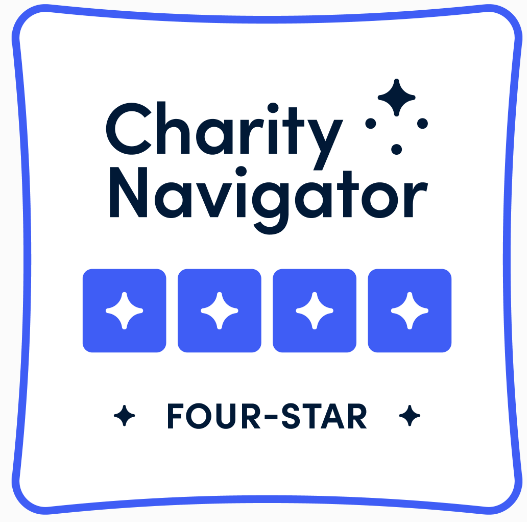Settlement Creates Precedent for Challenging Discrimination of Job Applicants with Criminal Records
Ernesto Ortiz* is a husband and father of four who has worked for most of his adult life in video production. He is also among the 8 million Californians with a criminal record—a conviction from more than 25 years ago that has long since been expunged. During the Pandemic, Ernesto applied for a job making videos for the education department of the California Department of Corrections and Rehabilitation (CDCR). As part of the application process, he disclosed that he had once been convicted of a nonviolent crime, and provided details about the conviction. He was elated when he was offered the job, and began the onboarding process.
But a routine criminal background check revealed a minor, irrelevant discrepancy in Ernesto’s description of his conviction, as well as a decades-old arrest that Ernesto had not disclosed—an arrest that did not result in a conviction, in a case that was dismissed by the court. Without giving Ernesto a chance to explain these discrepancies, CDCR revoked his job offer—denying Ernesto a fulltime position in his field, with benefits and career advancement opportunities.
Ernesto was shocked. He thought he had followed all of the steps in completing the pre-interview criminal record disclosure form, and was deeply concerned about how he would support his family. He contacted NLSLA, and Jarrell Mitchell, Senior Attorney with our Re-Entry Clean Slate Initiatives Team, took on his case.
“Here we have this state agency engaging in hiring practices that are contrary to a decade-long policy push to remove barriers for people with criminal records,” Jarrell said. “This is the California Department of Corrections and Rehabilitation—rehabilitation is in the agency’s name.”
Federal and state law limit how employers can consider the criminal record history of a job applicant, and CDCR has rules that further protect applicants against discrimination. It was clear to Jarrell that CDCR had violated state and federal law, along with its own rules.
“The department had access to all the applicants’ records. They were using this complicated, confusing form as a way to trip them up,” he said. “So, it’s not about the risk you may pose, it’s about their stereotype of people who have records, and who they assume will lie.’
He tried to negotiate with the agency to reinstate the offer, but CDCR refused.
“If the agency responsible for rehabilitating folks across the state is engaged in practices intended to keep them from stable employment, what message does that send?” Jarrell said.
With support from the rest of the Clean Slate team, he filed a lawsuit on Ernesto’s behalf. Earlier this summer, that lawsuit resulted in a major settlement for Ernesto and his family—one that sets a precedent in holding major public agencies accountable for unlawfully discriminating against applicants with criminal records.
For Jarrell, who has spent the last few years building NLSLA’s Clean Slate Initiative, the issue is deeply personal.
“My father is a system involved person who worked for 30-odd years for the County of LA, and that stability was so important for my family. It allowed me to go to college, to go to law school,” he said. “A job can change an entire family’s future.”



